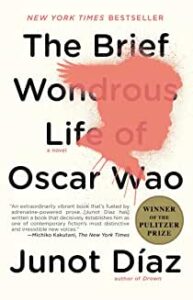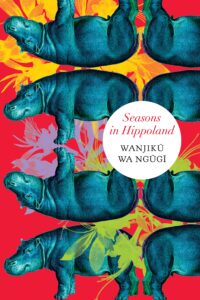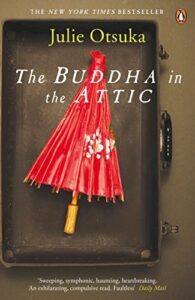Diane Wilson | Fiction, 2021
372 pages

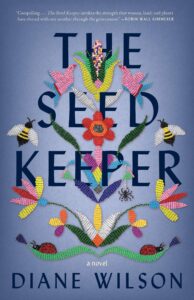
In its 19th year, the Deschutes County Public library is the largest community reading program in Oregon. Every year I read, enjoy, and discuss the current community read. This year's selection disappointed me a bit.
Rosalie Iron Wing, our primary character and narrator, grows up in the woods with her father, learning the stories of her Dakota people, the plants in the woods, and the stars. Many years later, after two decades married to a white man, she returns to the family cabin, a grieving widow and a mother, and begins to search for her family and her community. She comes from a family line of trauma, and the stories of Native children who were stolen and moved into boarding schools infiltrate Rosalie's family, neighbors, and this novel.
The narrative is multi-generational as Wilson weaves into Rosalie's life story, her friend's life, Gaby Makespeace; her great-great grandmother, Marie Blackbird; her great Aunt, Darlene; her deceased mother; and numerous other family characters, male and female, alive and dead. We learn important – and often untold – stories about the treatment of indigenous peoples on this continent.
The diction is wonderful. Strong, poetic, beautiful, interesting, descriptive words.
The message is important. It is to be read, contemplated, and understood.
However, I found the story boring. I do not quite know how to expound on my opinion ... the important message was told in a manner that did not capture my enthusiasm, my imagination, or my interest. It starts out slowly and tenses shift oddly.
The title, on the other hand is perfect, and hearkens back to what I think is the most interesting theme in The Seed Keeper ... learning the value of selecting, drying, storing, and keeping seeds from the food you grow. When there was a fire, a crisis, or as sudden departure, the first item that Rosalie's family took with them was the basket or box or bag of seeds. Seeds are the heirloom that ensures that people can feed themselves after their move, in the next few years, and from generation to generation. They represent, quite literally, the heritage of earlier generations.
I think many of my readers will enjoy this novel more than I did. Yes, I do recommend it.
April 2022
![]()
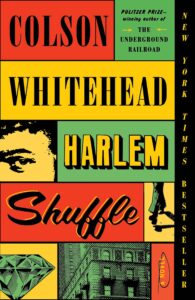


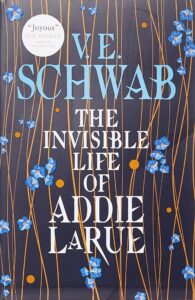
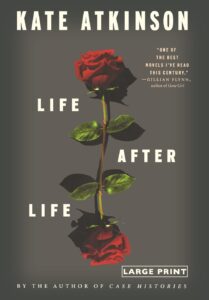 Ursula Todd is born in England on a very snowy evening, February 10, 1910. Except she is strangled by her umbilical cord and dies.
Ursula Todd is born in England on a very snowy evening, February 10, 1910. Except she is strangled by her umbilical cord and dies.